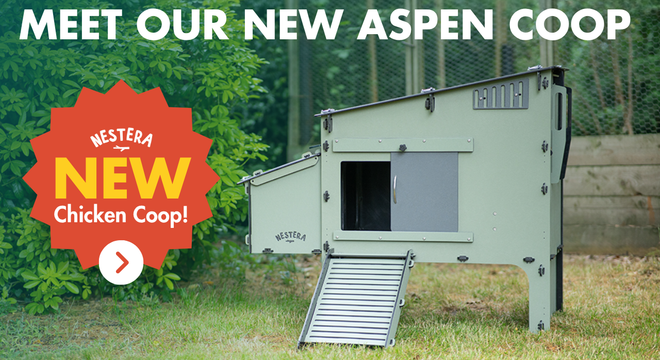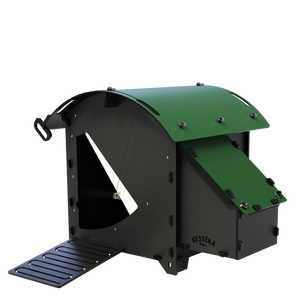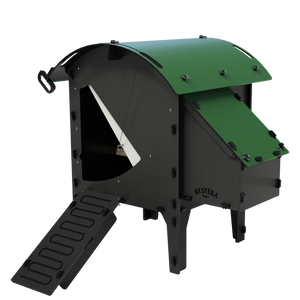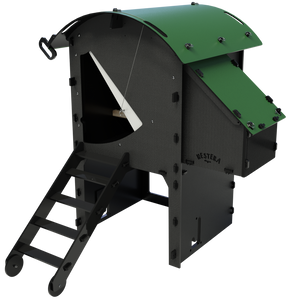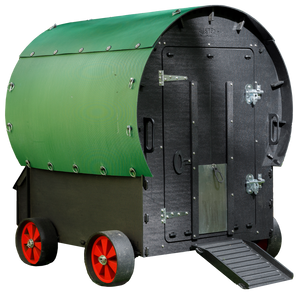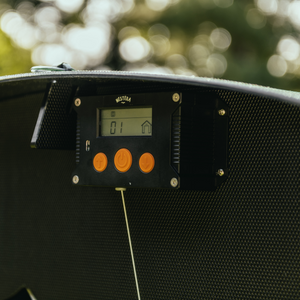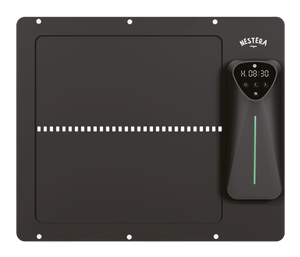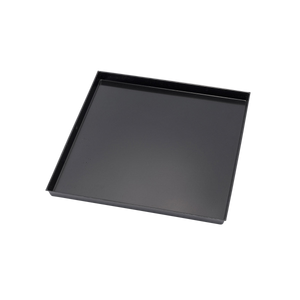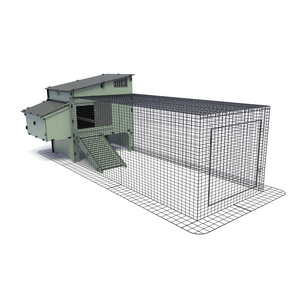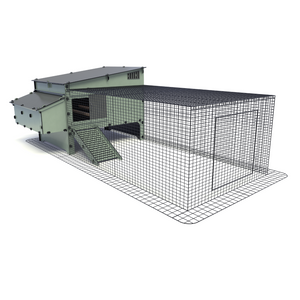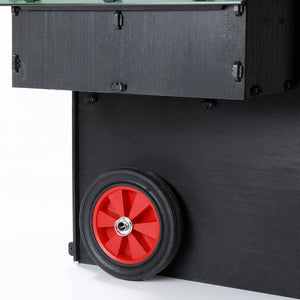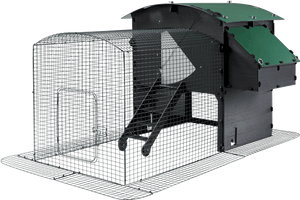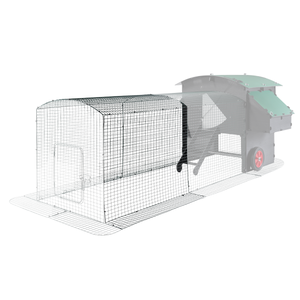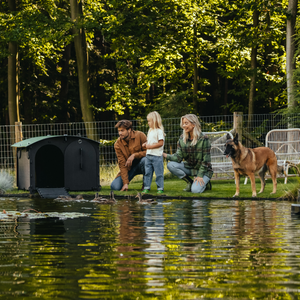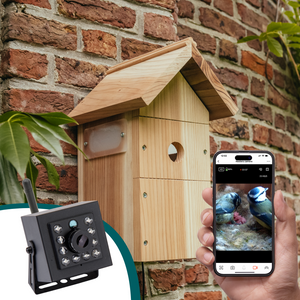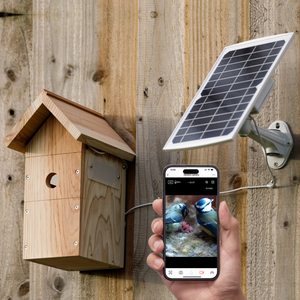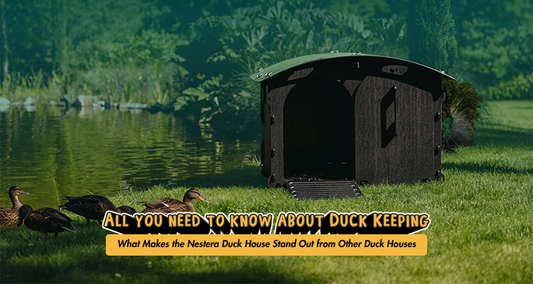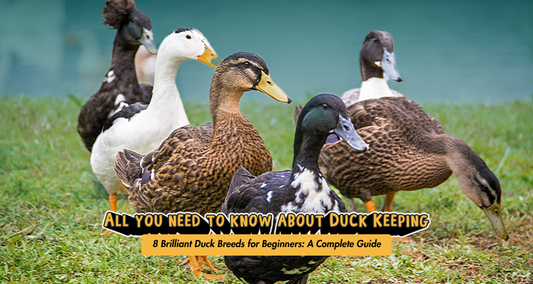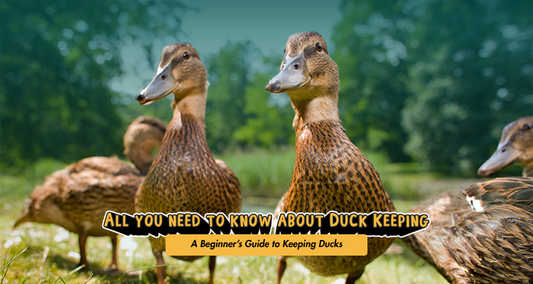Moving houses can be an exciting yet stressful time, not just for us humans but also for our beloved pets. In my case, it was all about ensuring a smooth transition for my hens as we settled into our new garden. If you're in a similar situation, let me share a few tips on how to move your hens in a stress-free way and help them adjust to their new environment.
The first step is to catch your hens. In my case, I have six of them. To transport them safely, I chose two large boxes. Inside each box, I added a fine layer of bedding at the bottom, providing them with some comfort during the journey. It's crucial to secure the boxes closed but remember to insert air holes to ensure proper ventilation for your feathered friends.
Once you have your hens safely packed, it's time to hit the road. You can place the boxes in the footwell of your car or secure them in the boot to prevent any sliding or movement during the drive. Ensuring their safety and comfort is of utmost importance.
When you arrive at your new garden, it's essential to have their coop ready beforehand. This way, you can smoothly transition them from the boxes to their new home. Place the hens inside the coop and keep them shut in for about an hour. This helps them acclimate to their new surroundings and reduces the chances of them wandering off and getting disoriented.
Now, it's worth mentioning that there may be certain restrictions or lockdowns in place, such as the avian flu lockdown in my case. If that's the situation, you'll need to keep your hens confined to a run and not allow them to free-range. However, under normal circumstances, it's advisable to keep them cooped up in a run for at least a week to 10 days before granting them free-range access. This gradual approach helps them adjust to the new environment and reduces the stress associated with sudden changes.
Understanding that any change can be stressful for hens, it's important to provide them with some additional support during this transitional period. For the first week after the move, I added a multivitamin supplement called "multivit" to their drinking water. This boost of vitamins and minerals helps strengthen their immune system and provides them with extra support during this potentially challenging time.
Moving houses can be a hectic experience, but with these simple tips, you can ensure a stress-free transition for your hens. By creating a comfortable and secure environment during transportation, allowing them time to adjust to their new coop, and providing them with the necessary nutritional support, you're setting them up for a smooth transition into their new home.
Remember, the well-being of our pets is paramount, and taking the extra steps to minimise stress and ensure their comfort goes a long way in helping them settle into their new surroundings.
